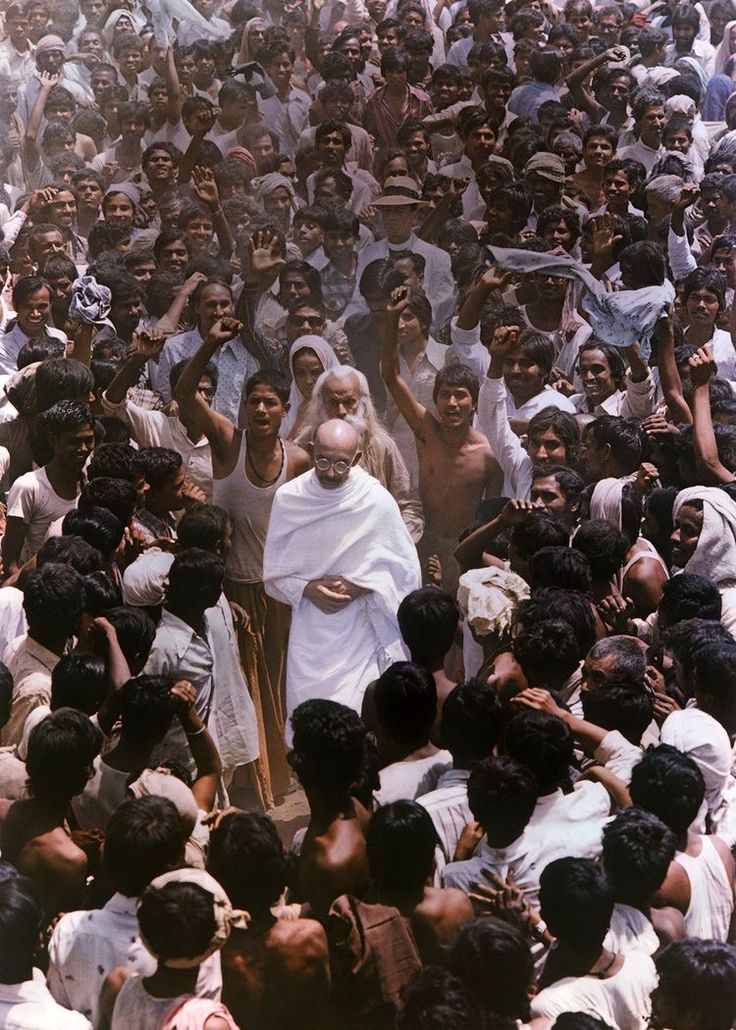Mahatma Gandhi: The Inspiring Life and Legacy of the Father of the Nation
Mahatma Gandhis, born Mohandas Karamchand Gandhi on October 2, 1869, in Porbandar, Gujarat, is perhaps one of the most influential figures in world history. As the leader of India’s independence movement against British colonial rule, he became the symbol of non-violence, truth, and resistance. His life and ideas have had a lasting impact not just on India but on the world, inspiring countless individuals and movements for justice, equality, and peace.
Early Life and History of Mahatma Gandhis
Born to a well-respected family in Gujarat, Gandhi was raised in an environment that valued both religion and education. From an early age, he was exposed to the teachings of Hinduism and various other philosophical traditions, which would later shape his worldview. He was a shy and introverted child who excelled in his studies, especially in subjects related to law and ethics.
In 1888, Gandhi moved to London to study law at University College London, where he was exposed to Western thought and ideas. His time in London profoundly influenced his thinking, and it was here that he came into contact with key figures in the British movement for social justice and reform.
After completing his law studies, Gandhi returned to India in 1891. However, his early attempts at establishing a successful legal career were met with disappointment. It was during a trip to South Africa in 1893, where he worked as a lawyer for an Indian trading company, that Gandhi began his journey as a social and political leader. In South Africa, he experienced firsthand the injustices of racism and discrimination, which prompted him to develop his unique philosophy of nonviolent resistance, known as Satyagraha.
Mahatma Gandhis Role in India’s Independence Movement
Mahatma Gandhis return to India in 1915 marked the beginning of his active involvement in the Indian independence movement. His philosophy of nonviolent resistance, combined with his belief in truth and self-reliance, resonated with millions of Indians who were suffering under British colonial rule.
One of his first major acts in India was leading the Champaran Satyagraha in 1917, where he fought for the rights of farmers who were being exploited by British landlords. This was followed by several successful campaigns, including the Kheda Satyagraha and the Salt March (Dandi March) of 1930, which became iconic moments in India’s struggle for independence. Gandhi’s leadership during these protests inspired people across India to join the fight for freedom.
Throughout these movements, Mahatma Gandhis maintained his commitment to nonviolence, even in the face of brutal repression from the British authorities. He became a beacon of hope for millions of Indians and won the hearts of people from all walks of life.
Daily Life Impacts of Gandhis Ideals
Mahatma Gandhis life was a reflection of his principles of simplicity, self-discipline, and self-sufficiency. He led by example, advocating for a life of humility and service to others. His daily routine was centered around meditation, prayer, spinning khadi (handwoven cloth), and serving the community.
One of Mahatma Gandhis most significant daily practices was his commitment to Ahimsa (nonviolence) and Satyagraha (truth-force). He encouraged people to live according to these principles, fostering a sense of moral responsibility and personal discipline that transcended political struggles.
Through his daily life, Gandhi also emphasized the importance of education, self-reliance, and rural development. He strongly believed that the future of India lay in the empowerment of its villages and rural communities. His promotion of khadi as a symbol of self-reliance, along with his push for the upliftment of the untouchables (whom he referred to as Harijans or “children of God”), made him a leader of the masses, particularly those who had been excluded from Indian society for centuries.
Significance and Observance of Mahatma Gandhis Legacy
Mahatma Gandhis significance is not just confined to his role in India’s independence but extends to his contributions to global peace and social justice movements. His philosophy of nonviolent resistance became a powerful tool in the struggle for civil rights across the world. Leaders like Martin Luther King Jr. and Nelson Mandela, who fought for racial equality and justice, were deeply inspired by Gandhi’s teachings and strategies.
In India, Gandhi is revered as the “Father of the Nation.” His birth anniversary, October 2nd, is celebrated as Gandhi Jayanti and is observed as a national holiday. It is also marked as the International Day of Nonviolence, a reminder of the power of peaceful resistance in addressing global issues. On this day, people across the world reflect on his contributions and renew their commitment to the ideals of nonviolence, truth, and justice.

Key Facts About Mahatma Gandhis
- Pioneer of Nonviolent Resistance:
Mahatma Gandhis philosophy of Satyagraha was based on the idea of nonviolent resistance to oppression. This approach became the cornerstone of many successful movements for social justice, not just in India, but across the world. - Impact on Global Movements:
Mahatma Gandhis teachings of nonviolence and civil disobedience inspired global figures like Martin Luther King Jr., Nelson Mandela, and César Chávez, who led movements for racial equality and civil rights. - Focus on Self-Reliance:
Mahatma Gandhis promoted self-sufficiency and rural development, advocating for the use of khadi (handwoven cloth) as a means of economic independence and social empowerment. - Spiritual and Moral Leader:
Mahatma Gandhis was deeply spiritual, and his practices of prayer, fasting, and meditation were integral to his personal life and leadership style. He believed in leading by example and lived a life of simplicity and self-discipline. - Commitment to Social Justice:
Mahatma Gandhis campaigns were not limited to political independence but extended to the social upliftment of the marginalized, particularly the Dalits (untouchables). He called for the removal of untouchability and worked towards the empowerment of women and the poor.
FAQs About Mahatma Gandhis
Q: What was Gandhi’s contribution to the Indian independence movement?
A: Gandhi led numerous peaceful protests and campaigns, such as the Salt March, which played a pivotal role in India gaining independence from British colonial rule in 1947.
Q: Why is Mahatma Gandhi called the “Father of the Nation”?
A: Gandhi is called the “Father of the Nation” because of his leadership in India’s independence struggle and his contributions to the political, social, and moral fabric of the country.
Q: What is the significance of October 2nd in India and worldwide?
A: October 2nd is celebrated as Gandhi Jayanti in India and is observed as the International Day of Nonviolence to honor Gandhi’s commitment to peace, nonviolence, and social justice.
Q: How did Gandhi influence global civil rights movements?
A: Gandhi’s philosophy of nonviolent resistance inspired global leaders like Martin Luther King Jr. and Nelson Mandela in their struggles for civil rights and racial equality.
Why Mahatma Gandhis is Important to Society
Mahatma Gandhis significance transcends his role in India’s independence movement. His teachings on nonviolence, truth, and social justice have made him a global icon and a model for peaceful resistance. Gandhi’s life continues to inspire individuals and movements worldwide, reminding us of the power of compassion, empathy, and the importance of standing up for justice without resorting to violence.
His commitment to the upliftment of marginalized communities, his advocacy for women’s rights, and his focus on rural development make him a figure of immense relevance even today. Gandhis legacy continues to shape contemporary social, political, and moral thought, emphasizing the importance of living a life that is not just concerned with personal gain but also with the well-being of others and the planet.
In conclusion, Mahatma Gandhis was not just a political leader, but a moral and spiritual guide whose teachings have inspired generations of people to fight for justice, equality, and peace. His life was a testament to the power of nonviolence and truth, and his message remains as vital today as it was during the tumultuous days of India’s struggle for independence.










